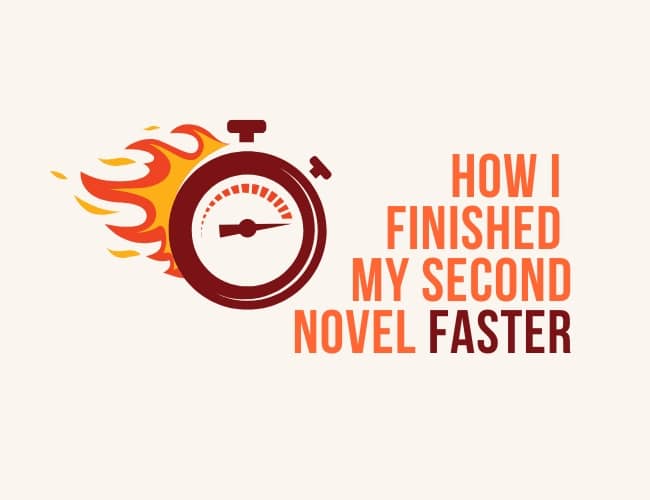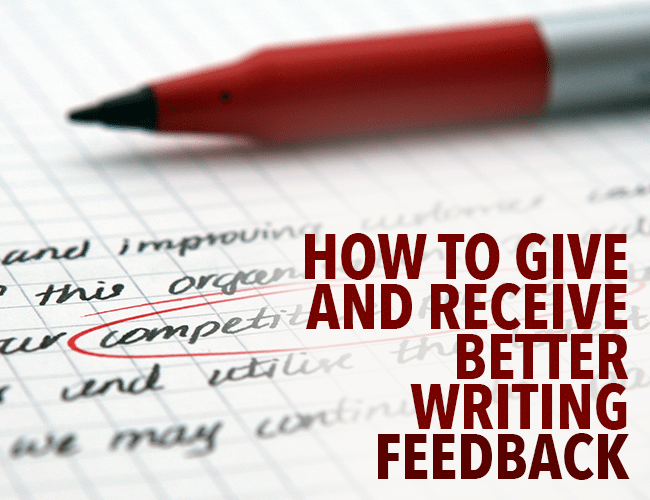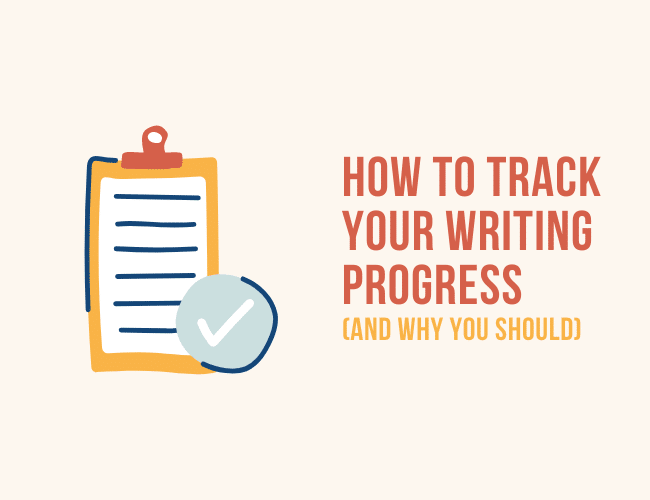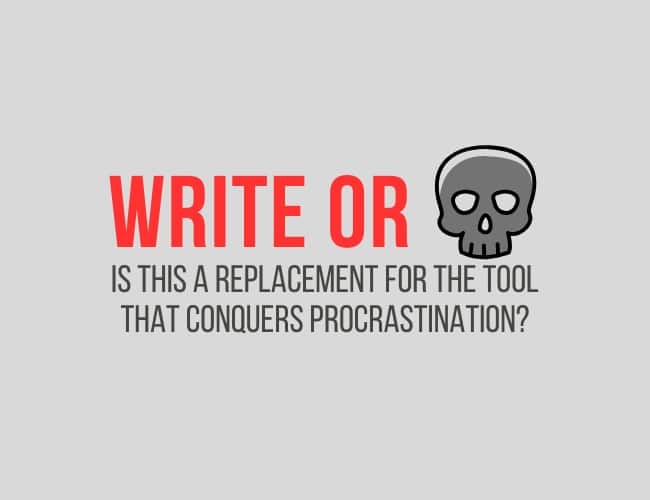
How I Finished My Second Novel Faster: 6 Surprising Ways
Even after you finish a book it can be hard to repeat the process. Today, author Noel Stark shares how 100 Day Book accelerated her book writing process to help her finish drafts faster.

Even after you finish a book it can be hard to repeat the process. Today, author Noel Stark shares how 100 Day Book accelerated her book writing process to help her finish drafts faster.

A little over ten years ago, I had almost a decade of English teaching experience, a couple years paid freelance writing work, several creative writing university courses under my belt, and a few small publications in poetry and nonfiction. A friend’s mom, Mae, had written a query letter for her second novel. She asked me to read it and give her some writing feedback. What could go wrong?
When Mae asked, I had not attempted to write an entire novel or a query letter. I had read thousands of novels and a few letters, but I had not studied the structure and requirements of each. I assumed writing was writing. Surely with a degree in English and a little experience, I was qualified to give good feedback?
Nope. Not even close.

The thriller genre is wildly popular. Thrillers are like mysteries, but with a super dose of suspense, action, and anticipation for the reader. Here are some thriller story ideas to help you start crafting your own fast-paced thriller today!

I’m going to be honest. When I first started writing, I thought keeping track of my writing progress was ridiculous. How many words I wrote in a day or how frequently I wrote depended on my mood and whether that elusive muse showed up. Besides, wasting time tracking and analyzing how much I’d written during a week seemed like just another way to procrastinate and not get any writing done at all.
I don’t say this often, so listen up:
I was wrong.
Writers need to track their writing progress, period. It’s that simple. Read on for why and how to get tracking today.

C.S. Lewis wrote over 30 books in a variety of genres. If we cornered C.S. Lewis on writing, what advice would he give? And would it still be relevant for us today?

Do you love writing but find it hard to be productive when working on your book? Have you tried the Write or Die app to help you stay focused?
Write or Die is a writing app that uses various tools to keep you focused and productive during timed writing sessions.
Not everyone loves restrictions when working on a book, but those who do often find the accountability factor a game changer to actually reaching their word count.
If this is you, but you haven’t found the perfect tool to help with your procrastination pitfalls, Write or Die might be the answer.
It was for me, which I’ll explain more in this post.